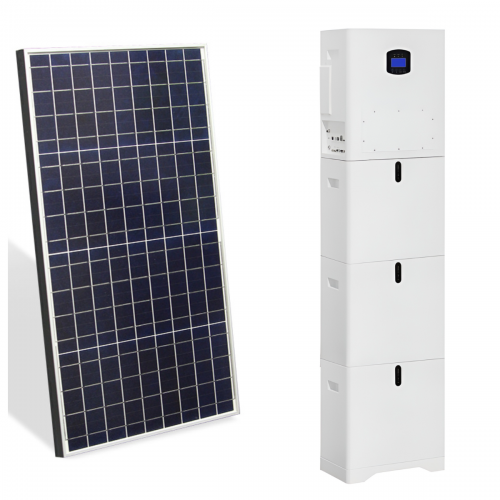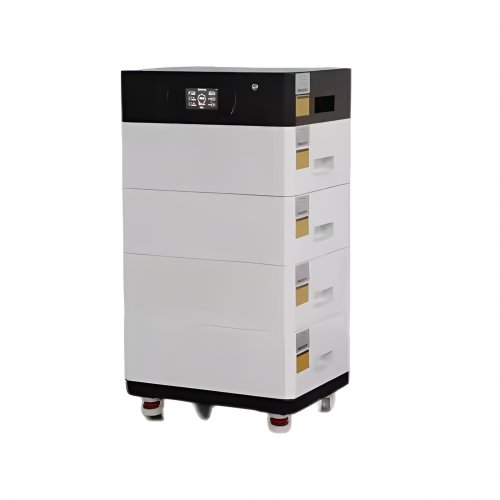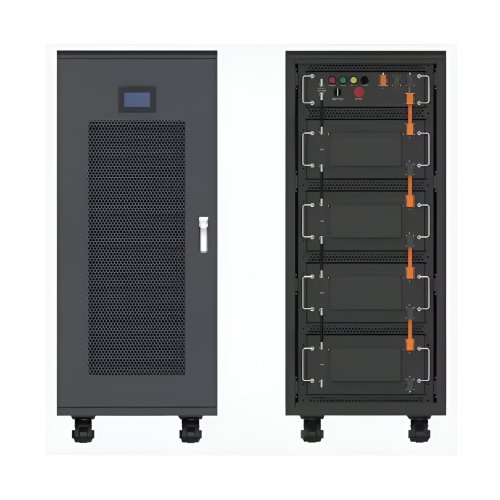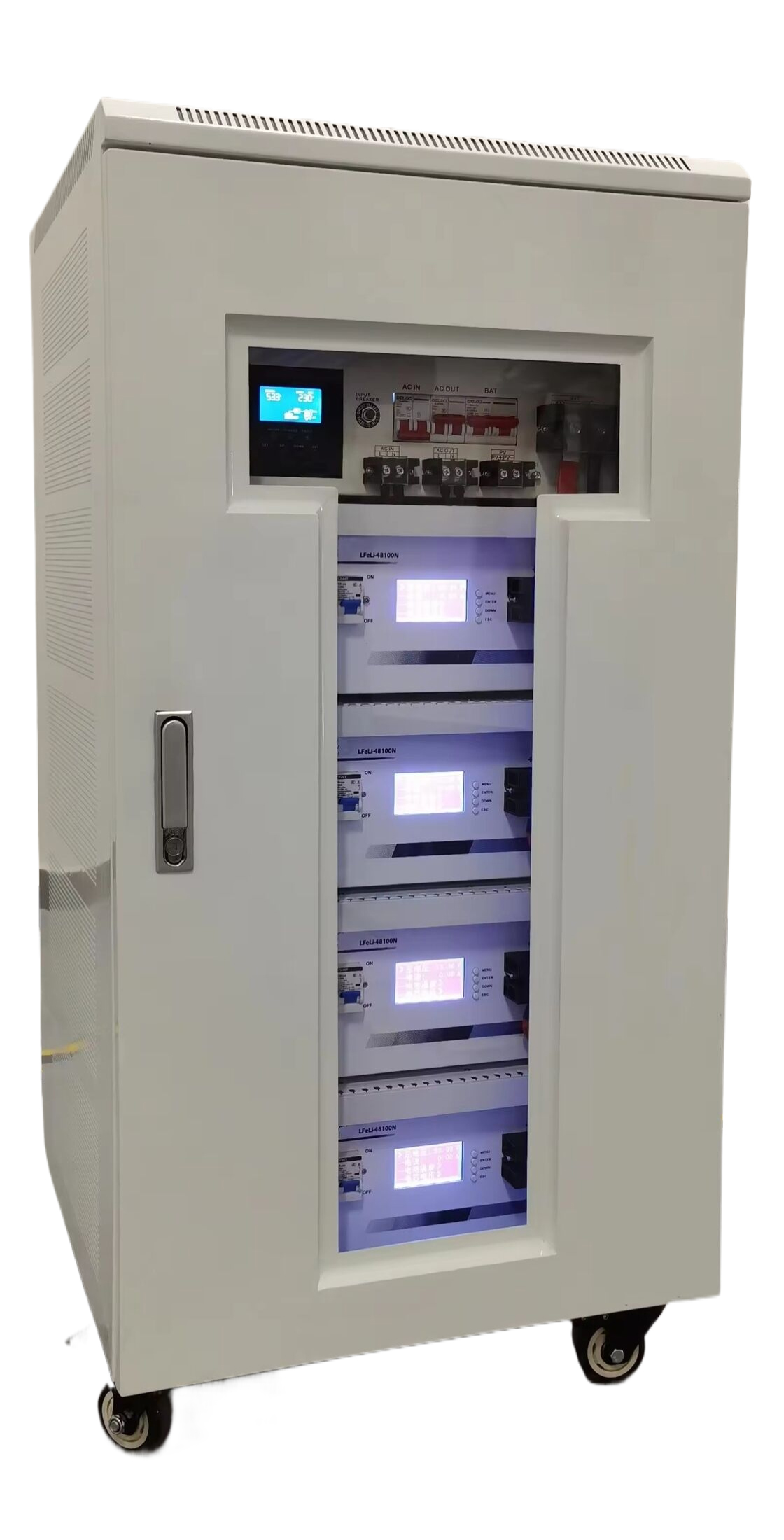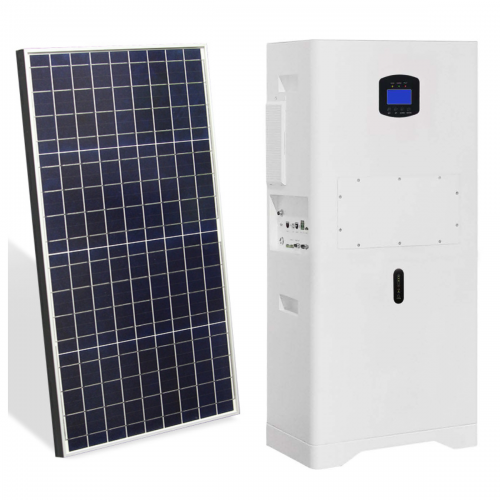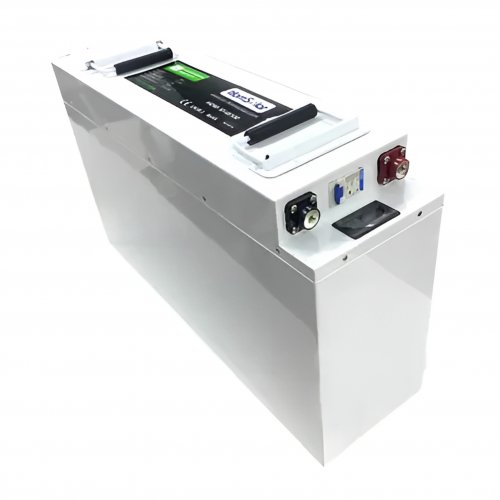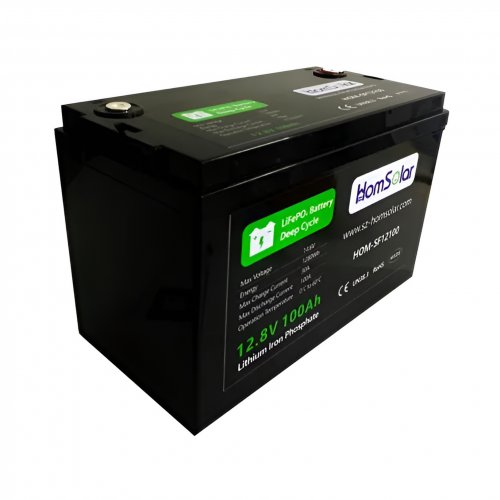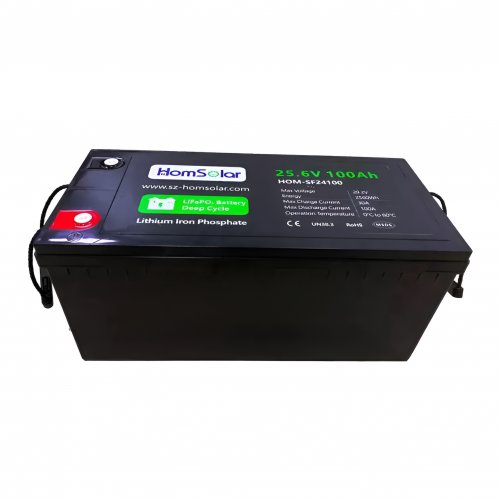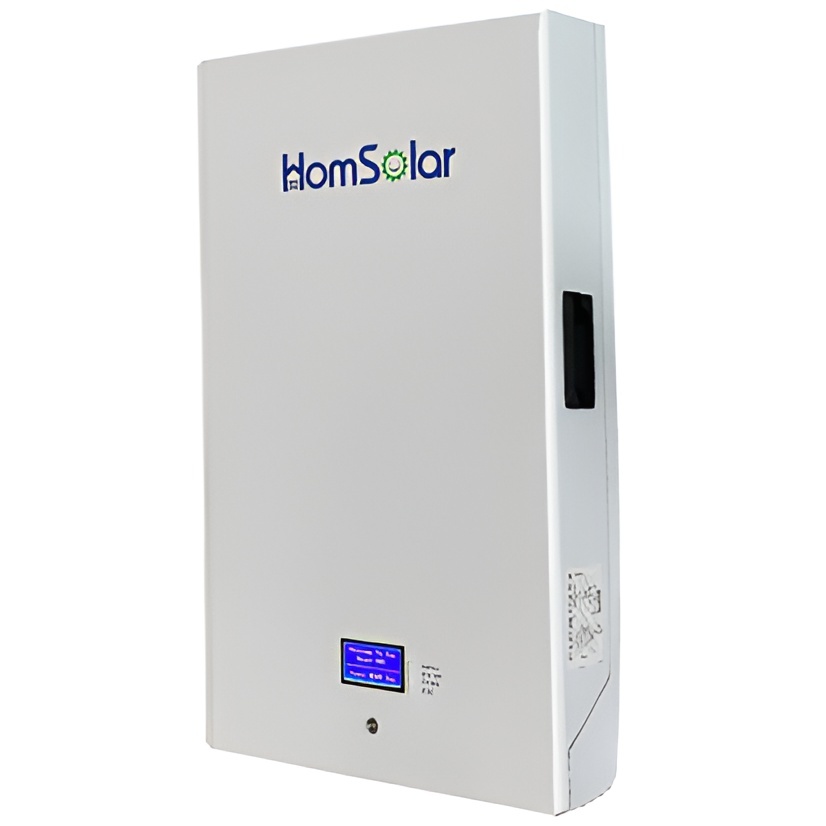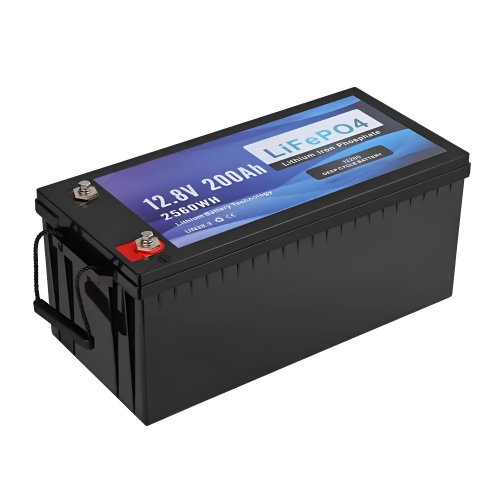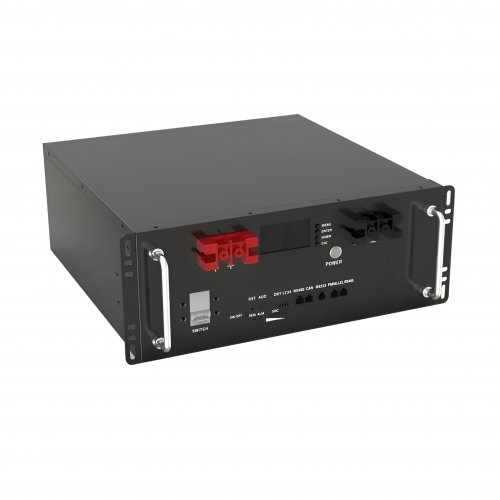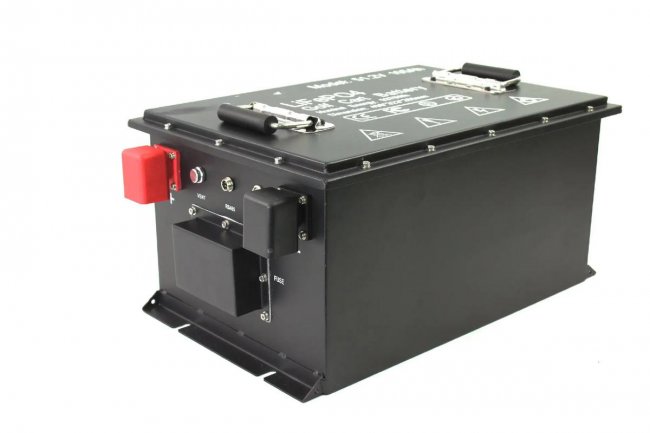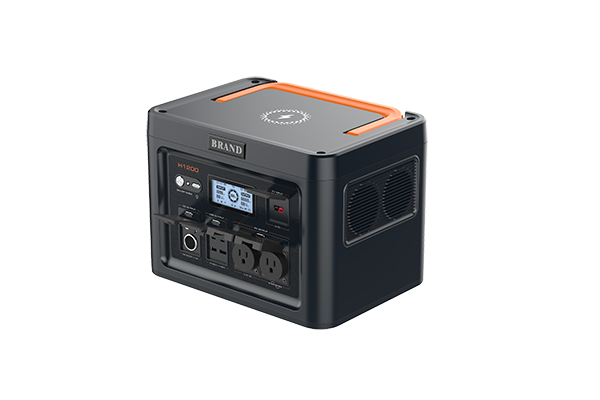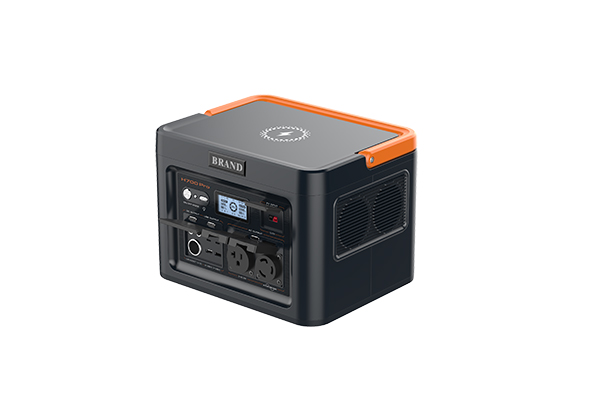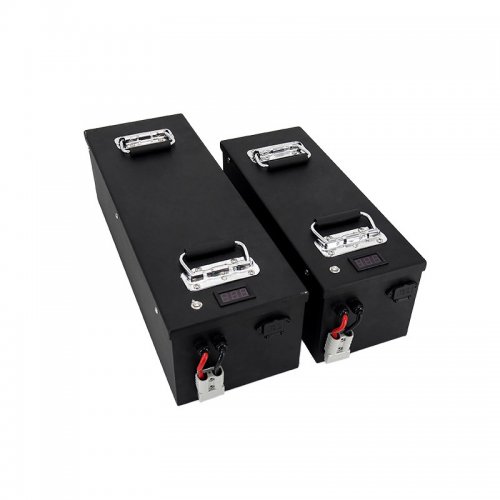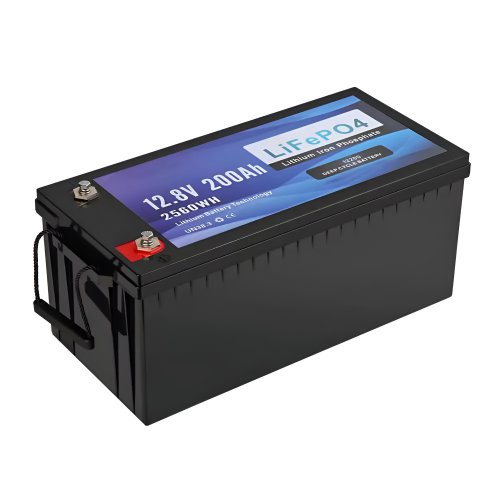Planting wildflowers around solar panels could make them a home for bees
Turning solar farms into meadows could quadruple bumblebee numbers - spreading their pollinator services far and wide.Solar farms could become havens for bees and other pollinators if simple changes were made, new research suggests.
Fields of glinting panels may not look like the most inviting place for wildlife to flourish. But if solar park land is managed as meadows - as opposed to turf grass - it can support four times as many bumblebees.
Researchers at Lancaster University, UK, investigated different scenarios to see if ground-nesting bumblebee populations could be better supported. The pollinators are in drastic decline across Europe - their numbers have fallen by 17 per cent since the early twentieth century.
PhD researcher Hollie Blaydes says, “Our findings provide the first quantitative evidence that solar parks could be used as a conservation tool to support and boost pollinator populations. If they are managed in a way that provides resources [such as wildflowers], solar parks could become valuable bumble bee habitat.”
“Our findings provide the first evidence that solar parks could be used as a conservation tool.”
Hollie Blaydes
Farmers would also reap the benefits of these parks upping their floral and nesting offerings.
Simulating different models of bumblebee foraging, the researchers found that large, elongated and resource-rich solar parks could boost bumble bee density up to 1km outside of the parks themselves.
This would bring pollinator services to crops in surrounding agricultural land - which locals could further take advantage of by planting pollinator-dependent plants like basil and courgettes.
Related
No Mow May: How to turn your garden into a haven for butterflies this spring
Thinner than a pencil, these solar panels are set to revolutionise solar power
Why do solar parks make promising habitats for bees?It might look like they dominate the land, but sky-facing solar parks only disturb around 5 per cent of the ground.
Large tracts of land are therefore free to serve as bumblebee habitat, says Blaydes. These solar parks are often built in intensively-managed agricultural areas that have decimated bumblebee numbers, so the refuges would be well placed.
Moving from turf grass to meadow would see bumblebees return in much bigger numbersWith the area of land dedicated to solar power growing across Europe, an intervention is timely.
Solar parks already cover 14,000 hectares in the UK - a total that needs to rise to over 100,000 hectares if the UK is to meet its net zero targets, according to the Climate Change Committee.
That’s a huge amount of land that could be optimised for bees and other vital insects, but a joined-up approach is needed.
Related
‘We are all benefitting’: Why has this Kosovan solar farm brought in sheep?
What’s next for protecting pollinators?Post-Brexit agricultural bill payments could reward ecosystem services, incentivising solar park owners to let their fields grow into wildflower meadows.
Business structures may also need a rethink. “Management of solar parks is often outsourced to external companies where contracts are typically around two years long,” explains Blaydes. These frequent changes in ownership “could be challenging when trying to establish and maintain habitats over longer time scales.”
Presenting her research at the Ecology Across Borders conference on 13 December, Blaydes and her team made the case for collecting real-world data at solar parks to better understand the impact of different management styles.
Other important pollinators such as solitary bees, hoverflies, butterflies and moths deserve the same attention if we’re to bring our solar power into harmony with the natural world.
Customized/OEM/ODM Service
HomSolar Supports Lifepo4 battery pack customization/OEM/ODM service, welcome to contact us and tell us your needs.


HomSolar: Your One-stop LiFePO4 Battery Pack & ESS Solution Manufacturer
Our line of LiFePO4 (LFP) batteries offer a solution to demanding applications that require a lighter weight, longer life, and higher capacity battery. Features include advanced battery management systems (BMS), Bluetooth® communication and active intelligent monitoring.

Customised Lithium Iron Phosphate Battery Casing
ABS plastic housing, aluminium housing, stainless steel housing and iron housing are available, and can also be designed and customised according to your needs.

HomSolar Smart BMS
Intelligent Battery Management System for HomSolar Energy Storage System. Bluetooth, temperature sensor, LCD display, CAN interface, UART interface also available.


Terminals & Plugs Can Be Customized
A wide range of terminals and plugs can be customised to suit the application needs of your battery products.

Well-designed Solutions for Energy Storage Systems
We will design the perfect energy storage system solution according to your needs, so that you can easily solve the specific industry applications of battery products.



About Our Battery Cells
Our energy storage system products use brand new grade A LiFePO4 cells with a battery lifespan of more than 4,000 charge/discharge cycles.



Applications in Different Industries
We supply customized & OEM battery pack, assemble cells with wiring, fuse and plastic cover, all the cell wires connected to PCB plug or built BMS.
Applications: E-bike, Electric Scooter, Golf Carts, RV, Electric Wheelchair, Electric Tools, Robot Cleaner, Robot Sweeper, Solar Energy Storage System, Emergency Light, Solar Power Light, Medical Equipment, UPS Backup Power Supply.
We can provide you with customized services. We have the ability to provide a vertical supply chain, from single cells to pack/module and to a complete power solution with BMS, etc.


HomSolar (Shenzhen) Technology Co., Ltd








